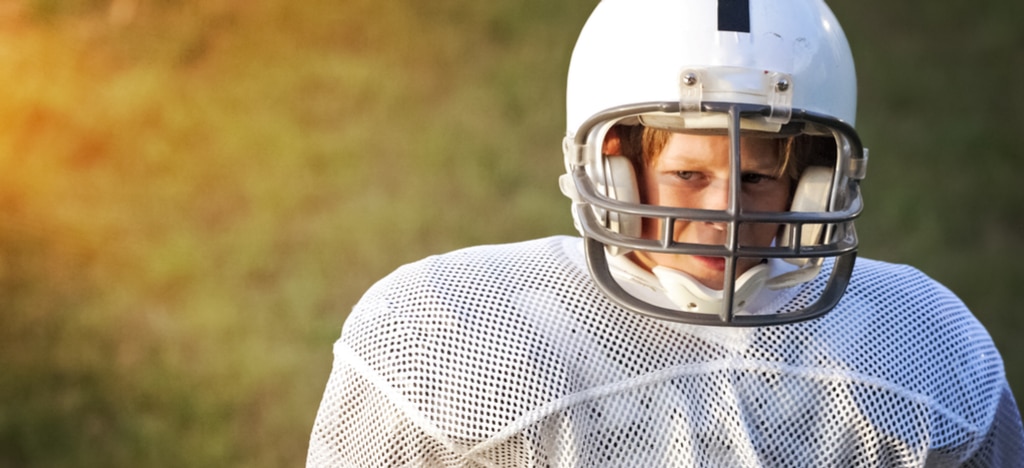
A few months ago I saw a child for a fever. His mother mentioned that he had had a concussion almost a month prior. He was better, no headaches or other symptoms, but was being told he could not go to school, have screen time, or any significant play outside. Why? Because he had screening testing that was still not normal. That used to be what we told parents, but this has changed recently.
Concussions and the potential long-term harm from head injuries have become a greater concern in the last decade. It was thought for years concussions were minor injuries that you just needed to push through, but now it’s known that the damage, especially after multiple concussions, may be long lasting. Concussion treatment shifted to very conservative management, with children and teens held out of sports, school, and screen time for weeks or months.
It is not always easy to diagnose a concussion, especially in younger children. There are several screening rating scales that primarily ask about headaches and other common symptoms, and test memory and focus. It is important that a doctor use a test appropriate for age – a test designed for teenage athletes may not be helpful in a 6 year old who had an accidental fall. MRI and CT imaging, skull X-rays, and blood testing are not routinely needed unless additional worrisome signs are present. It was assumed that if the screening questions still showed a problem, it was unsafe to “stress” a brain.
It was recognized more than a decade ago that while a single concussion was unlikely to cause permanent problems, repeated concussions, especially if not fully recovered from a prior one, can cause more serious problems. This primarily affects children in athletics, where sports from rugby to American football to soccer have be linked to serious problems like depression, personality changes, memory loss, and at worst degenerative brain diseases like ALS.
The very serious worries pushed doctors to recommend very strict rest and limited stimulation until all symptoms are resolved. For some children this meant weeks away from school and screen time, who felt well but had testing that was not back the pre-injury normal. Sports could be restricted for months.
So what has changed? The initial recommendations were based on limited science, with “rest” believed the most important treatment. Research now shows that patients get better more quickly with a quick return to normal activities – only a few days of rest are recommended. If a child can tolerate school and screen time without worsening symptoms, even if questionnaires show the patient is not entirely back to normal, it is safe and actually they are likely to get better more quickly. Lingering symptoms improve more with active rehabilitation than with just “rest.”
Returning to contact sports is still a question, and is recommended to be very cautious until more research is available.
So just rest a few days then try to get back to normal things. Everyone is different, and we have no way of knowing who will get better quickly and who will take longer to return. Communicating with your doctor is always recommended if you have any questions about when to get back into regular activities.
 Dr Leo Hamilton is Senior Paediatrician at IMC Paediatric
Dr Leo Hamilton is Senior Paediatrician at IMC Paediatric
Call 6887 4440 or visit: www.imc-healthcare.com
A good resource for diagnosing and managing concussions is www.cdc.gov/HEADSUP/

































